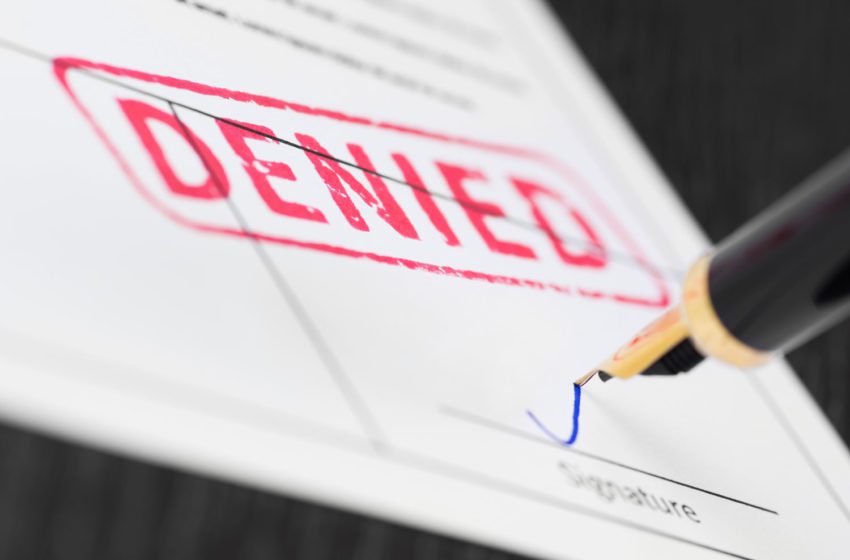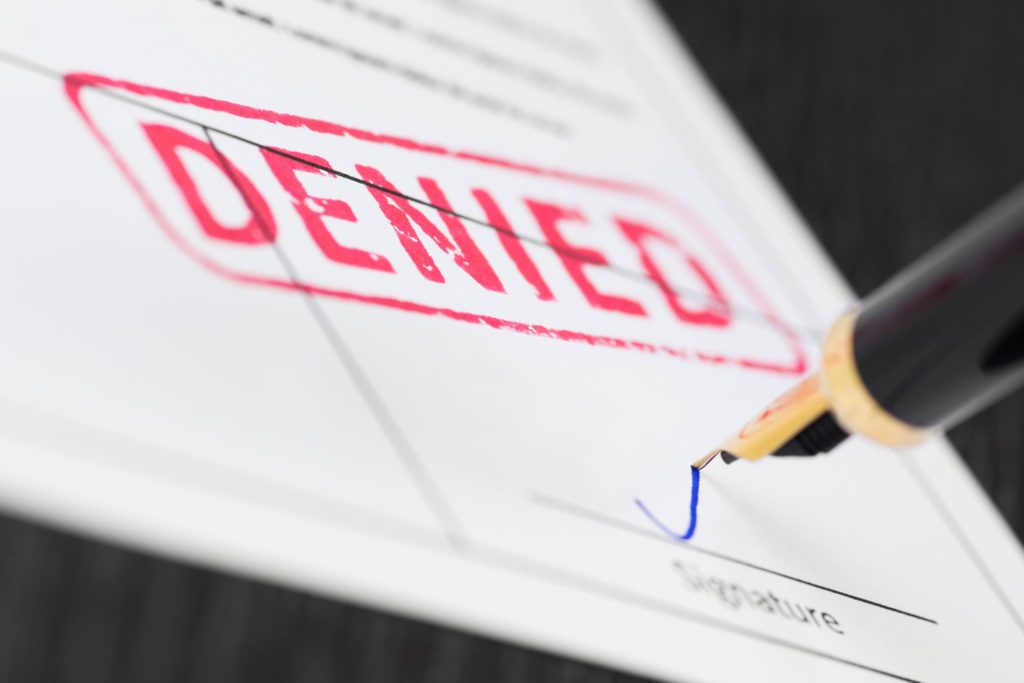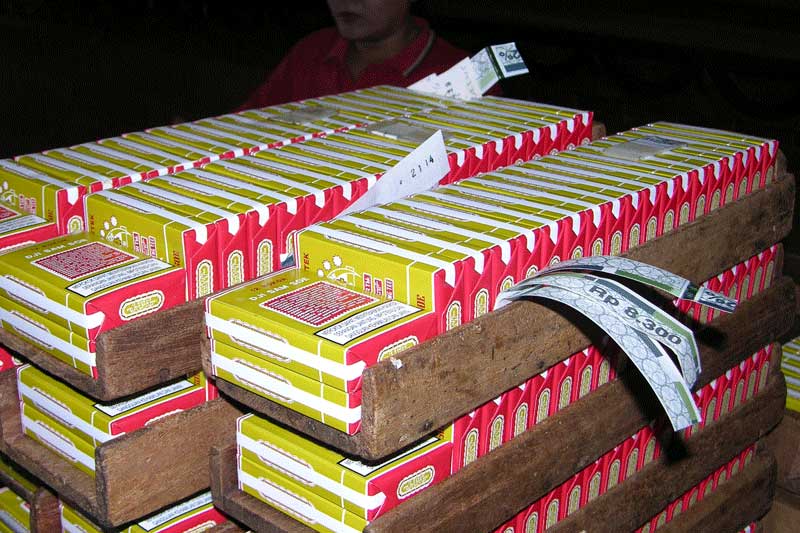
The U.S. Food and Drug Administration issued 29 warning letters to firms that manufacture and sell unauthorized electronic nicotine-delivery systems (ENDS) products in August. The recipients failed to submit a premarket tobacco product application (PMTA) by the Sept. 9, 2020, deadline. Collectively, the firms have listed more than 268,000 products with the FDA.
In addition, the agency issues two warning letters to two companies for manufacturing and offering for sale or distribution ENDS products without a marketing authorization order. Vapor Boss and Kaleidoscope Custom Vapor Lounge have continued to sell ENDS products after receiving “Refuse to Accept” (RTA) determinations from the agency. These are the first warning letters issued for an application that was submitted by the Sept. 9, 2020, deadline that subsequently received RTA determination, according to the FDA.
Companies that receive an RTA determination must remove any products currently on the market or risk enforcement by the FDA. Companies may submit a complete application for these products at any time but may not market the products unless they receive a marketing order.
The FDA also issued the first warning letter to a company that submitted a PMTA for some but not all of its products. Maduro Distributors, which does business as The Loon, submitted an application covering 18 products, but it manufactures and sells additional products not covered by the PMTA.
From January through August 2021, the FDA has issued 169 warning letters to firms selling more than 17 million unauthorized ENDS products by the Sept. 9, 2020, deadline.


















